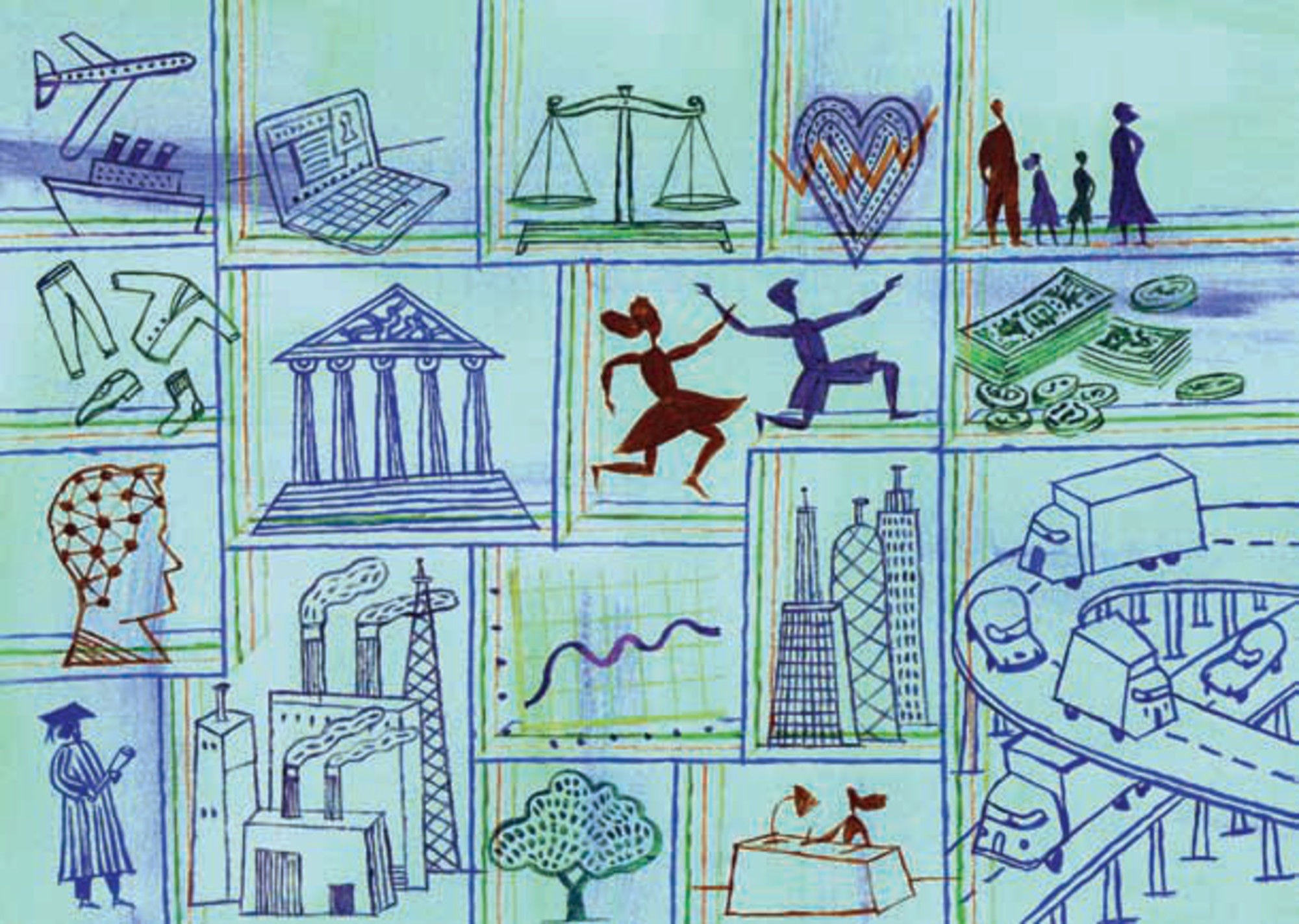The flow of information between governments, citizens and stakeholders is a necessary part of open and inclusive societies. Yet, the public’s ability to benefit from and share accurate information is undermined by a proliferation of false and misleading content, both online and offline. Governments must therefore be alert to the importance of public communication for promoting transparency and counteracting misinformation and disinformation.
Although the problem predates COVID-19, a wave of deceptive and untrue information from the start of the pandemic has undermined governments’ policies and health measures by confusing and drowning out official messages, aggravating vaccine hesitancy, and challenging efforts to bring the pandemic under control. Rapid, transparent and proactive public communication is central to combatting misleading content. Governments use public communication to help enforce policy measures; in the context of COVID-19, efforts have often focused on compliance with health measures (e.g. handwashing, facemasks, lockdown provisions, social distancing). More broadly, public communication is also key to understanding, educating and engaging in dialogue with the public.
Despite widespread efforts to respond to misinformation, many countries may lack adequate institutional structures to deal with this issue. In 2019, only 11 out of 27 centres of government (CoGs) in OECD countries, plus Costa Rica, had adopted official documents to guide their responses to misinformation and disinformation (Figure 4.8). Two countries, Austria and Norway, were developing documents at the time of responding in 2020, partly due to the COVID-19 crisis. Relevant documents include government-wide or ministry-specific strategies, plans, toolkits or guidance. For example, Estonia produces annual inter-ministerial action plans to build resilience to information attacks, and the UK government developed the RESIST Toolkit to help communicators and relevant officials to identify and react to problematic content. Only 4 out of 18 ministries of health (MHs) had adopted similar documents or benefited from government-wide ones in 2019. This may have left them less prepared for the wave of health misinformation during the pandemic (Figure 4.8).
The complex challenges posed by mis- and disinformation require multi-disciplinary responses. To that end, 19 out of 24 CoGs (79%) in OECD countries, plus Costa Rica, have consulted with stakeholders such as media, civil society, academia, inter-governmental organisations and tech companies on countering disinformation. CoGs most frequently consult stakeholders in academic or research organisations. A smaller proportion of MHs (8 out of 17, or 47%) OECD countries, plus Romania, consulted with at least one of these stakeholders (Table 4.9).

